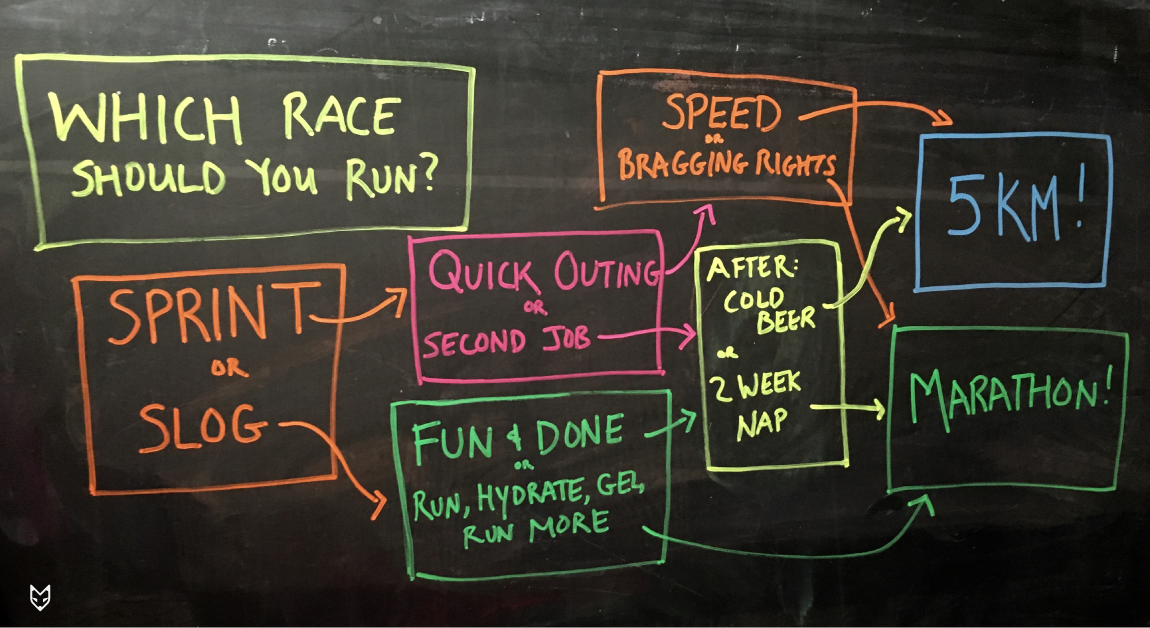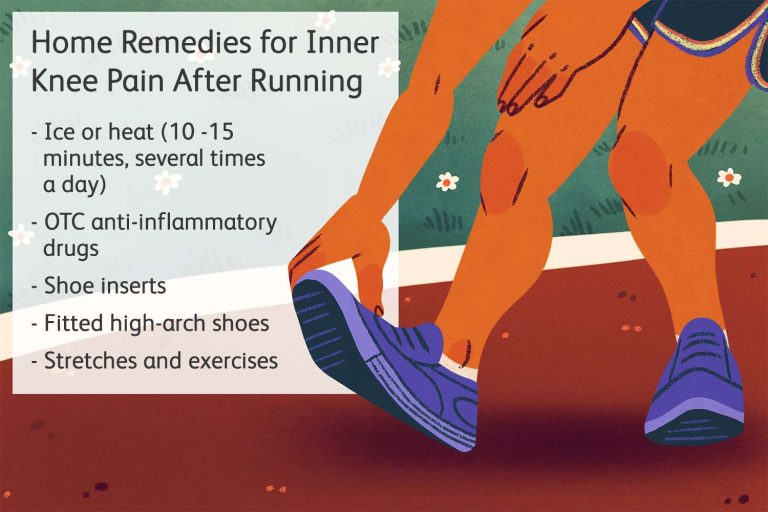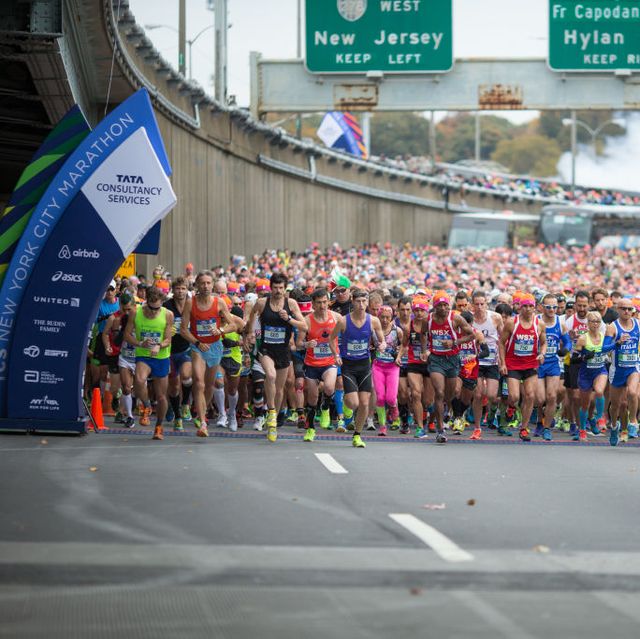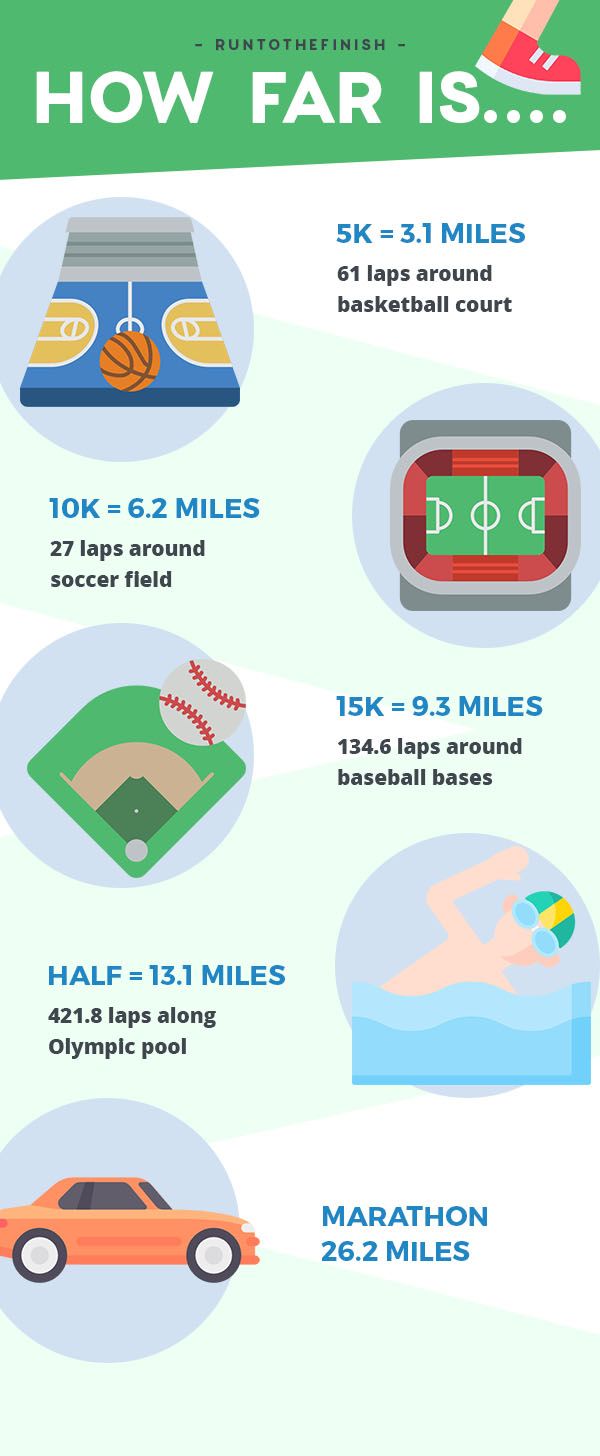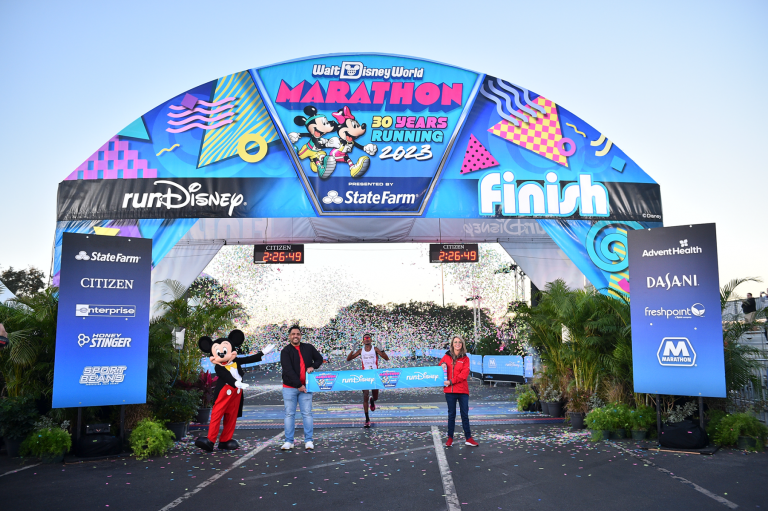Marathon Vs 5K
Marathons challenge endurance over longer distances, while 5K races test speed in a shorter context. Marathons require prolonged stamina and mental strength, while 5Ks demand quick bursts of speed and agility.
Both types of races offer unique challenges and rewards, attracting a diverse range of participants. Whether you prefer the steady pace of a marathon or the intensity of a 5K, there is a race out there for everyone. Each race distance offers its own set of benefits, from personal growth and achievement to camaraderie among fellow runners.
Deciding between a marathon and a 5K ultimately depends on your fitness goals, preferences, and level of commitment to training.
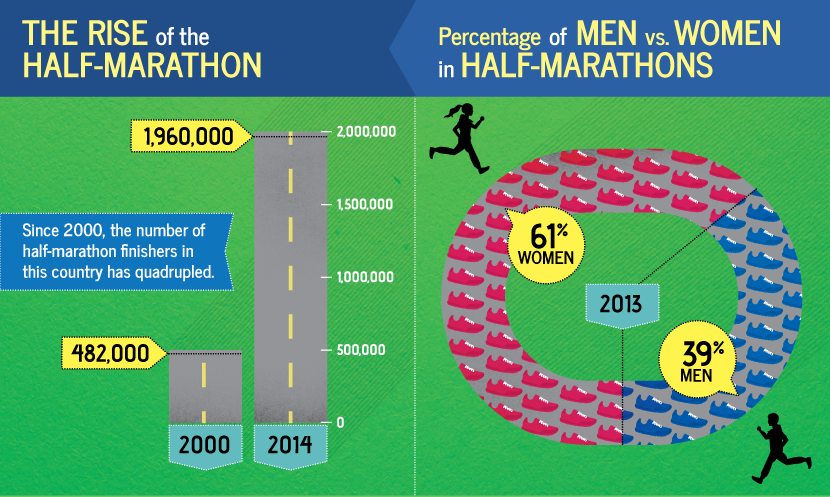
Credit: www.runnerspace.com
1. Distance Comparison
When it comes to comparing marathons and 5K races, one of the most fundamental differences is the distance each race covers. Let’s delve into the specifics of each race distance to gain a better understanding of what sets them apart.
1.1 Marathon
A marathon is a long-distance running race that covers a distance of 26.2 miles, equivalent to approximately 42.195 kilometers. This demanding race requires extensive physical and mental endurance, as runners navigate through a variety of terrains and weather conditions.
1.2 5k
On the other hand, a 5K race, also known as a 5-kilometer race, spans a distance of 3.1 miles. While still challenging, the 5K is considerably shorter than a marathon, making it a popular choice for both experienced runners and beginners seeking a manageable yet fulfilling running experience.
2. Training Requirements
2. Training Requirements
2.1 Marathon
Marathon training demands consistent mileage buildup to increase endurance and stamina.
Runners typically follow a detailed training plan spanning several months.
- Long runs of increasing distances are crucial for building endurance.
- Interval training helps improve speed and endurance.
- Strength training enhances overall performance and reduces injury risk.
2.2 5k
5K training focuses on shorter distances with an emphasis on speed and intensity.
Training plans for a 5K race usually last around 4-8 weeks.
- Speed workouts help build pace and improve cardiovascular fitness.
- Shorter runs with varying intensities are key to improving overall speed.
- Rest and recovery are essential to prevent burnout and reduce injury risk.
3. Race Experience
Participating in a race is more than just crossing the finish line. The race experience plays a significant role in how runners perceive and enjoy the event. Let’s dive into how the marathon and 5K races differ in terms of race experience.
3.1 Marathon
Running a marathon is a grueling test of endurance and mental fortitude.
- Requiring months of dedicated training
- Involving strategic pacing and fueling
- Providing a sense of accomplishment like no other
3.2 5k
The 5K race offers a shorter but equally intense experience for runners.
- Appealing to beginners and seasoned runners alike
- Featuring a faster-paced, adrenaline-fueled sprint
- Promoting a sense of community and camaraderie

Credit: lauranorrisrunning.com
4. Health Benefits
4. Health Benefits
4.1 Marathon
Participating in a marathon offers a number of health benefits that can positively impact physical and mental well-being. Marathons promote endurance and cardiovascular strength, as the long-distance running involved helps to strengthen the heart and improve blood circulation. Engaging in marathon training also helps to build overall muscle strength and improve bone density, contributing to a reduced risk of osteoporosis and maintaining joint health.
Furthermore, the physical exertion involved in marathon training stimulates the release of endorphins, which can help to reduce stress and improve mood. The rigorous training and physical activity required for a marathon also support weight management efforts by burning calories and promoting a healthy body composition.
4.2 5k
A 5K race offers its own set of health benefits, albeit within a shorter distance. Participating in a 5K can improve cardiovascular health, as the moderate-intensity running involved helps to strengthen the heart and improve overall circulation. In addition, engaging in regular 5K races can help to boost metabolism and support weight loss efforts.
Moreover, participating in 5K races promotes a sense of community and social connection, as these events often attract a diverse group of participants with various fitness levels. The social aspect of competing in a 5K can provide motivation and support for individuals pursuing their fitness goals.
5. Choosing The Right Race
Choosing the right race for your fitness goals is crucial. While a marathon pushes your endurance to the limit, a 5K offers a shorter but intense challenge. Consider your training preferences and physical abilities to make the best decision.
Deciding whether to participate in a marathon or a 5K race can be a tough decision. Both races offer unique challenges and rewards, so it’s important to choose the race that aligns with your goals and abilities. In this section, we will explore the factors to consider when making this decision and how to determine the right race for you.
5.1 Factors To Consider
- Distance: The first factor to consider is the distance you are comfortable with. A marathon is a grueling 26.2-mile race that requires months of training and dedication. On the other hand, a 5K is a shorter 3.1-mile race that can be completed by beginners or those looking for a shorter challenge.
- Time Commitment: Another important factor is the time commitment required for each race. Training for a marathon typically involves long runs, cross-training, and recovery days, usually spanning for several months. If you have a busy schedule or limited training time, a 5K race may be a more feasible option.
- Physical Fitness: Consider your current fitness level. Marathons demand a higher level of endurance and cardiovascular fitness, while 5K races are generally more suitable for beginners or those who prefer shorter bursts of intense exercise.
- Motivation: Reflect on what motivates you. Are you driven by the challenge of endurance or the exhilaration of a fast-paced sprint? Marathons are known for the mental and physical toughness required to endure long distances, while 5K races offer the opportunity to test your speed and push your limits.
- Experience: Determine how experienced you are as a runner. If you are new to running or have limited race experience, a 5K race can provide a great introduction to the world of competitive running. Marathons, on the other hand, are typically recommended for experienced runners seeking a new challenge.
5.2 Personal Goals
Identifying your personal goals is crucial when choosing the right race. This will guide your training and help you stay focused throughout the process. Consider the following questions:
- Do you want to challenge yourself with a new distance or aim for a personal record?
- Are you looking to improve your overall fitness or test your limits?
- Are you participating for charity or to support a cause that holds special meaning to you?
- Do you value intensity and speed or endurance and stamina?
By contemplating these questions and honestly assessing your abilities, you can determine the race that aligns with your personal goals and motivations. Remember, both marathon and 5K races have their own unique appeal, so choose the one that excites you and offers the best opportunity for personal growth and enjoyment.
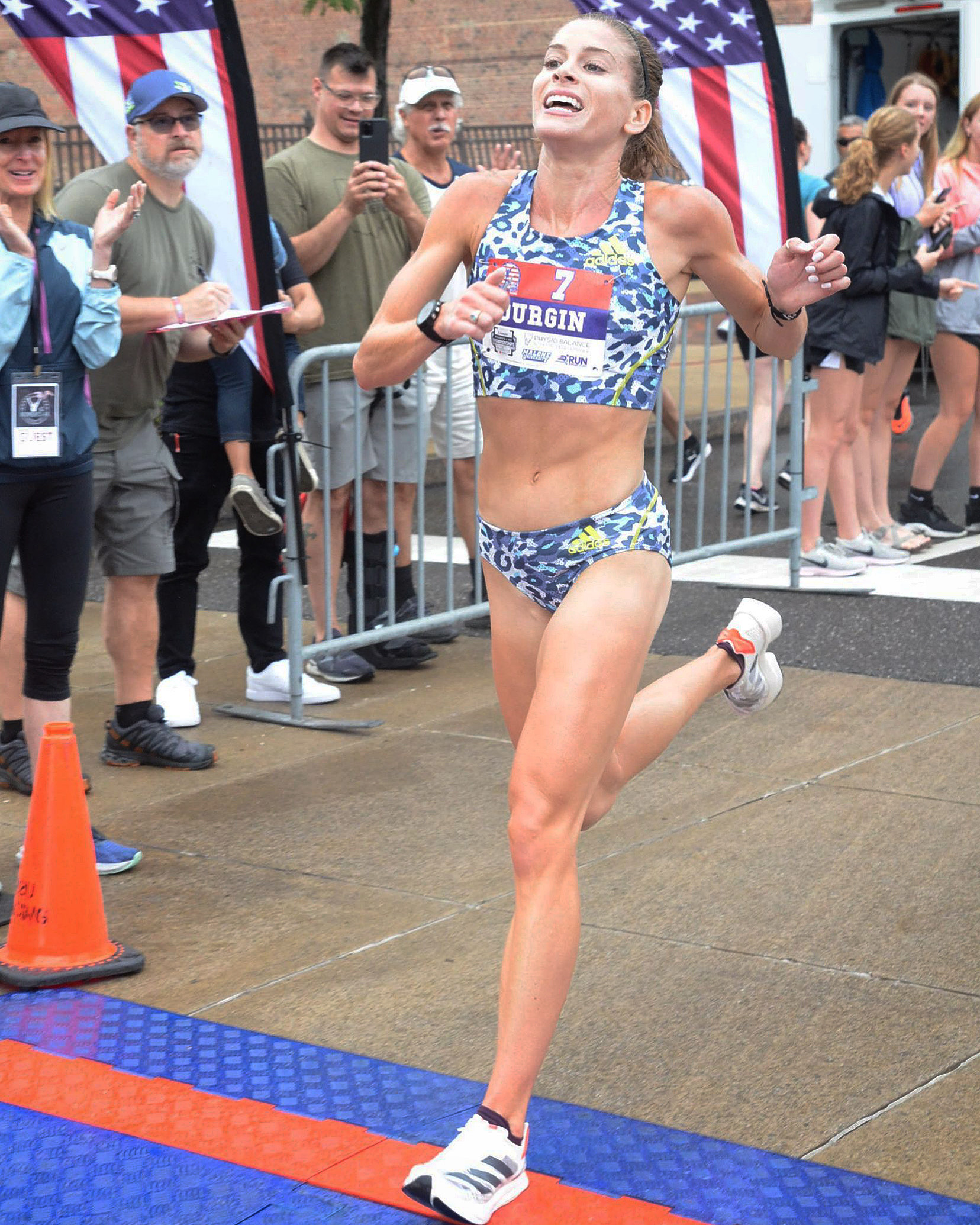
Credit: magazine.uconn.edu
Frequently Asked Questions Of Marathon Vs 5k
Can Beginners Participate In A Marathon?
Yes, beginners can participate in a marathon. Starting with smaller distances and proper training can help them prepare for the challenge.
How Long Does It Take To Train For A Marathon?
The duration to train for a marathon can vary depending on factors like fitness level, experience, and goals. Generally, it takes around 12-20 weeks of consistent training.
Is A 5k Suitable For Weight Loss?
Participating in a 5K race can be a great way to start your weight loss journey. Combined with a healthy diet, it helps burn calories and boost your metabolism.
Conclusion
The choice between a marathon and a 5K ultimately depends on your fitness level and personal goals. Both offer unique challenges and rewards. Whether you’re aiming to conquer a longer distance or improve your speed, it’s important to listen to your body and choose the race that aligns with your aspirations.
Stay committed, train smart, and enjoy the journey to reaching your running milestones.

